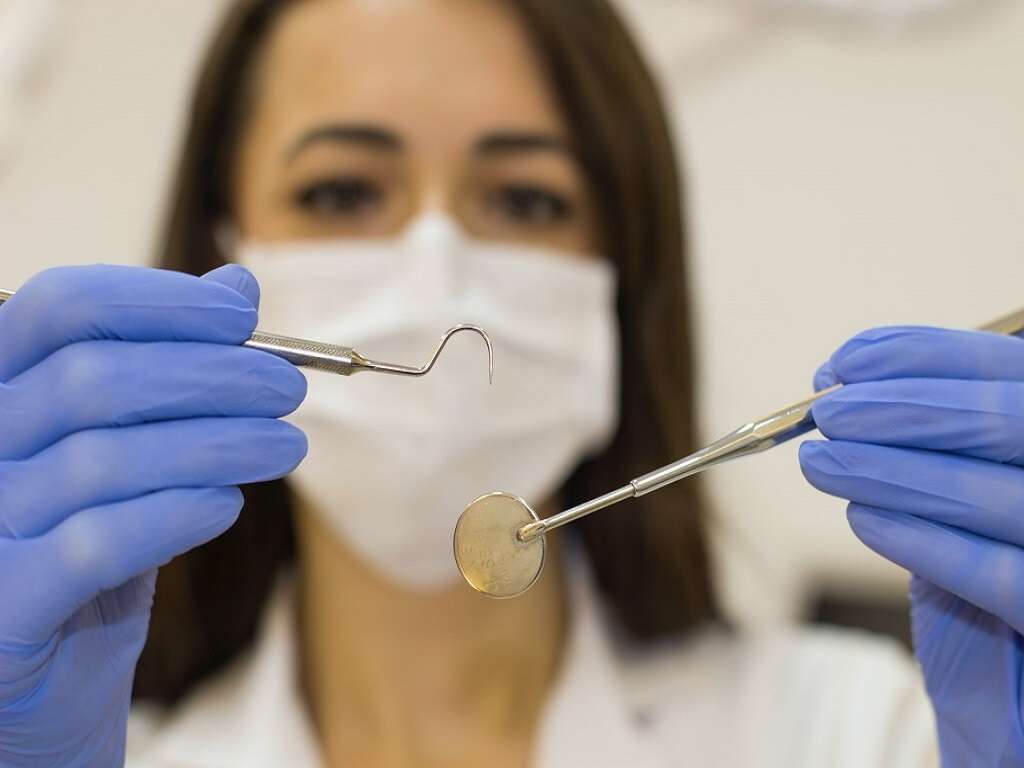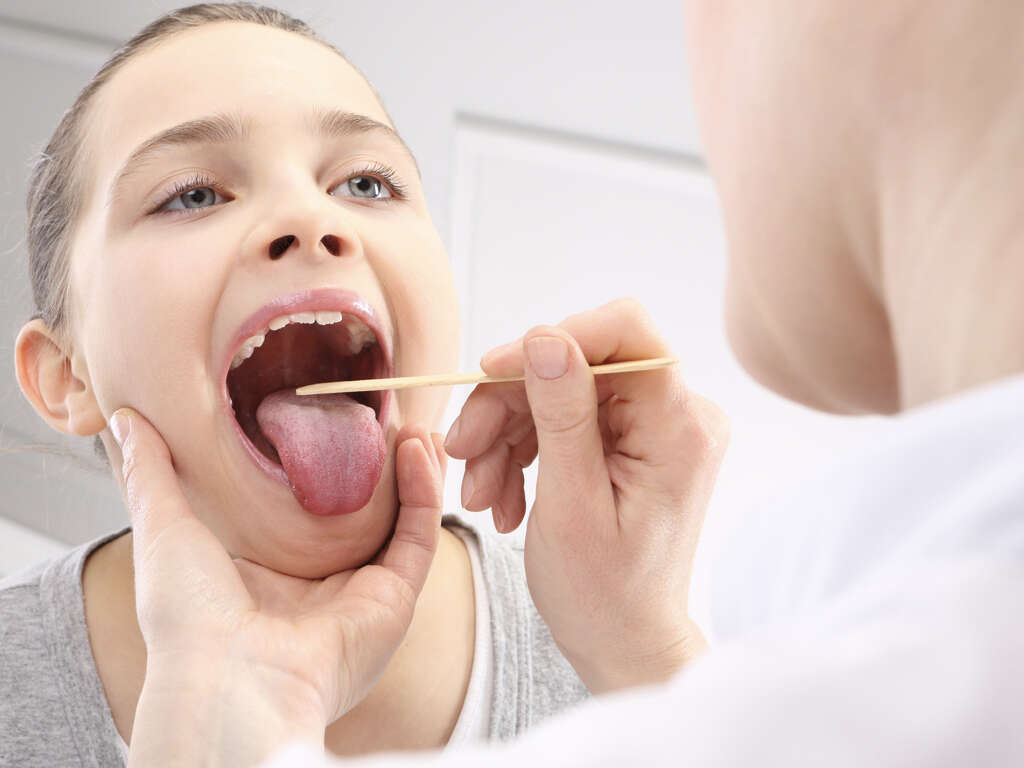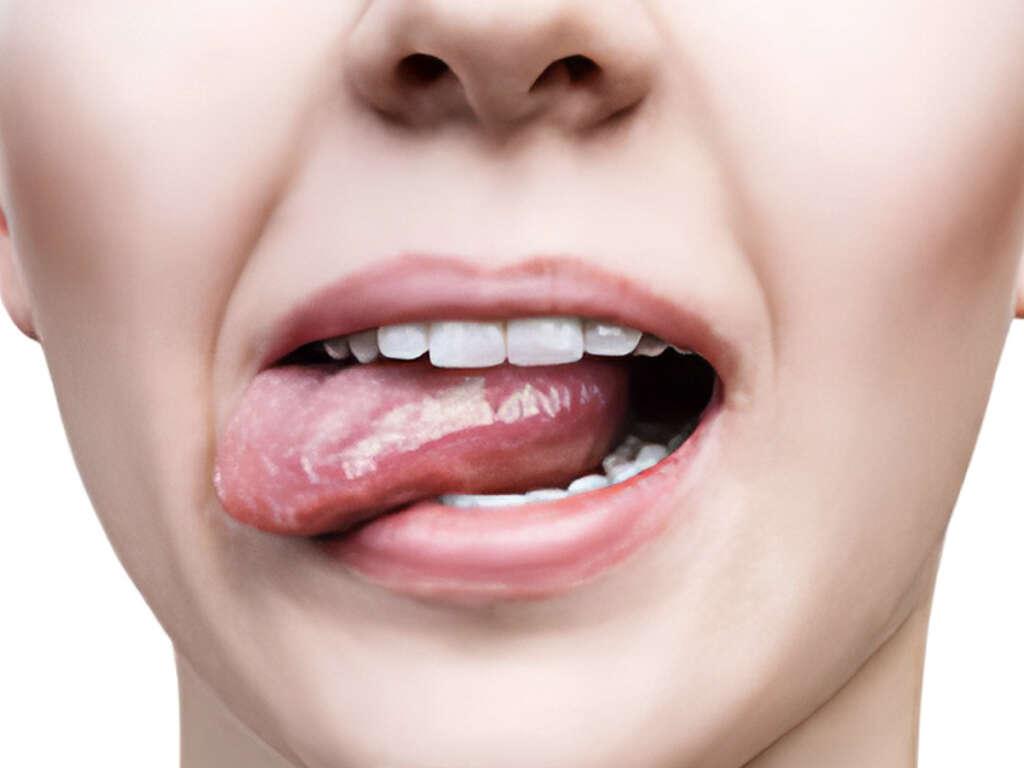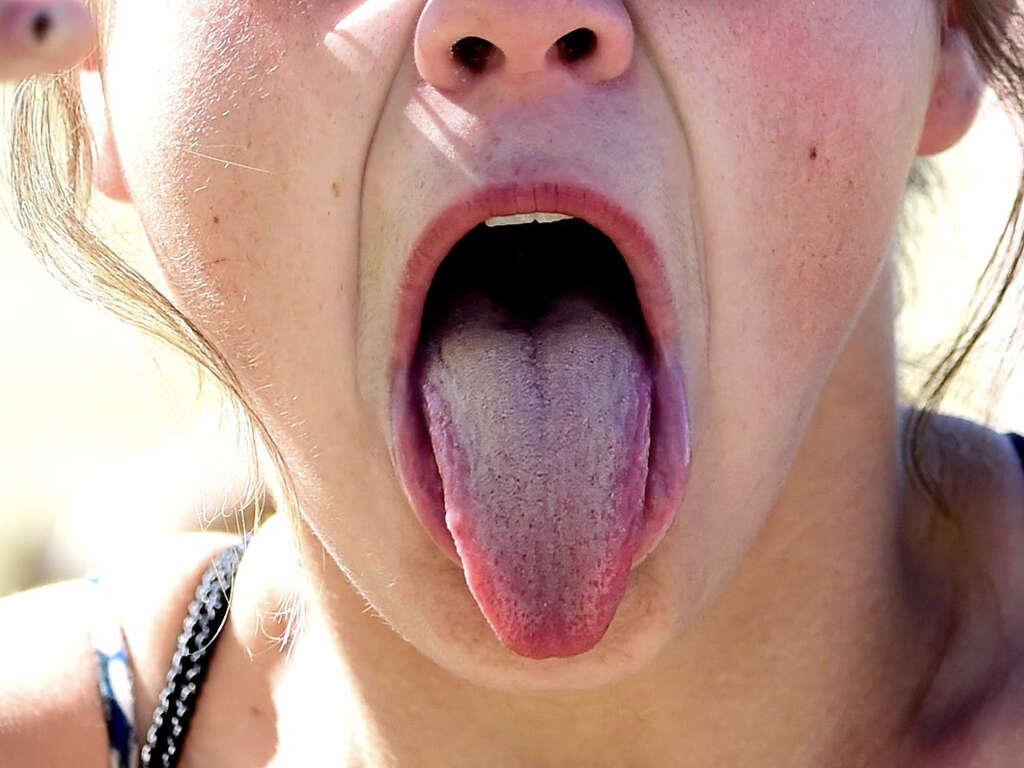What Is Black Hairy Tongue?
When you hear about the condition called black hairy tongue, it may sound dangerous. Luckily, this condition is temporary and harmless, even if it looks and sounds alarming. Like many benign conditions, black hairy tongue can be treated if it is causing concern for the patient.
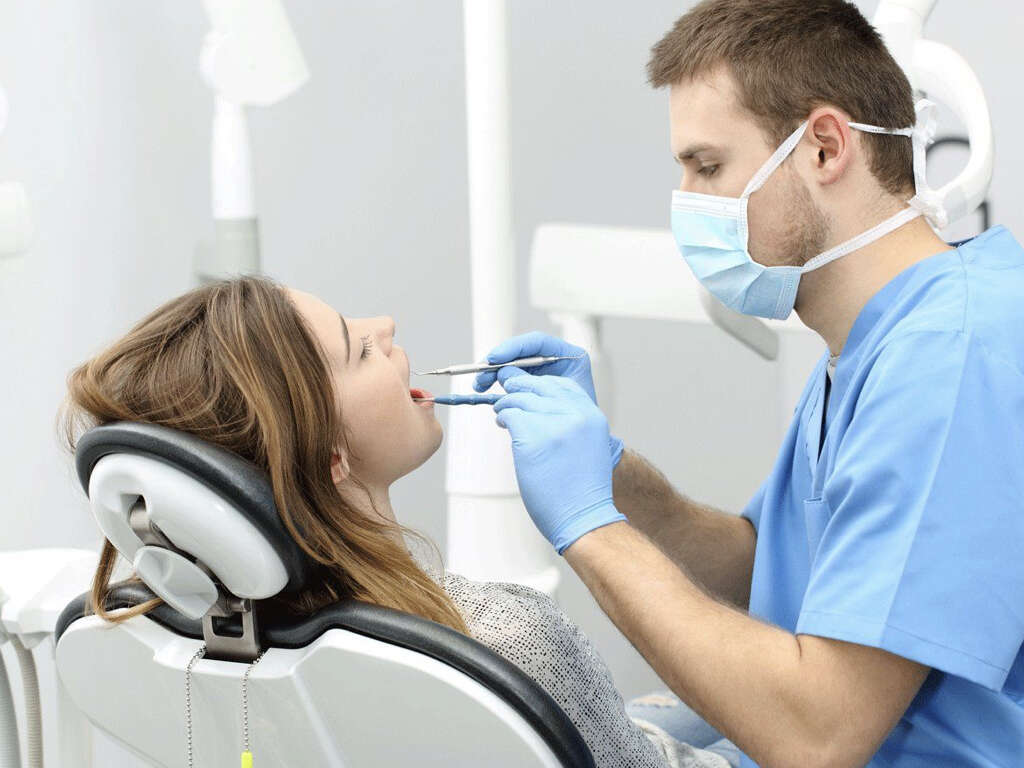
1. How Did Black Hairy Tongue Get the Name?
It is not surprising that a condition referred to as black hairy tongue got its name from its appearance. When the condition begins, the surface of the tongue takes on a dark-colored appearance that can progress to nearly black. Instead of black, the tongue can sometimes appear yellow, green or brown depending on the cause and the severity.
Although the tongue also appears to be coated in hair, this is not the case. The tongue surface is covered with small papillae that begin to lengthen with build-up when a patient develops black hairy tongue. These elongated papillae begin to look like little hairs on the surface of the tongue and can grow considerably longer than usual.

2. What Are the Symptoms?
Although the most recognizable symptom is the appearance of a darkened tongue with a hair-like covering, this condition also presents with other symptoms that can sometimes be mistaken for other oral health concerns. In most cases, the only symptom is the changing tongue appearance and is not painful or uncomfortable.
Sometimes there is a burning feeling on the tongue, a tickling feeling inside the roof of the mouth or the patient complains of a metallic taste and bad breath. Although not as common, a severe case of black hairy tongue can make the patient feel nauseous or feel the need to gag.
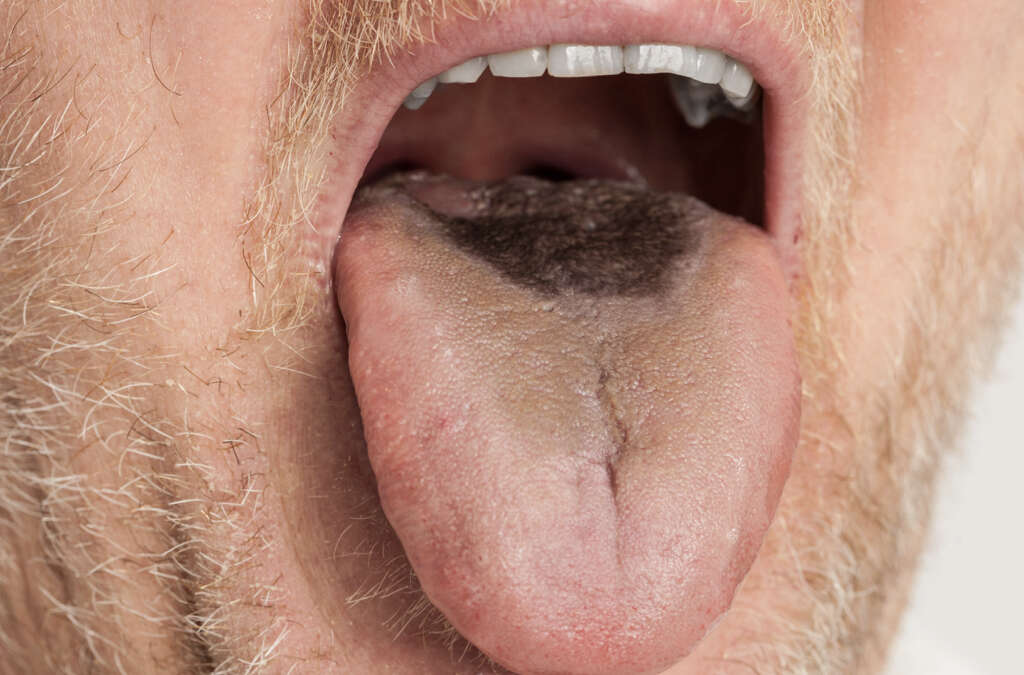
3. What Causes Black Hairy Tongue?
Black hairy tongue is caused by overgrowth and buildup of bacteria or yeast in the mouth that collects on the tongue. Since the tongue contains many papillae that continuously shed under normal conditions, the overgrowth causes the papillae to continue to add length, giving them a hair-like appearance.
The same bacteria or yeast overgrowth also leads to the discoloration of the tongue that helps identify this syndrome.
As the papillae lengthen, they begin to trap food particles and lead to additional bacteria and yeast overgrowth, which perpetuates the problem. Trapped bacteria and food particles can lead to the symptoms of bad breath and metallic taste.
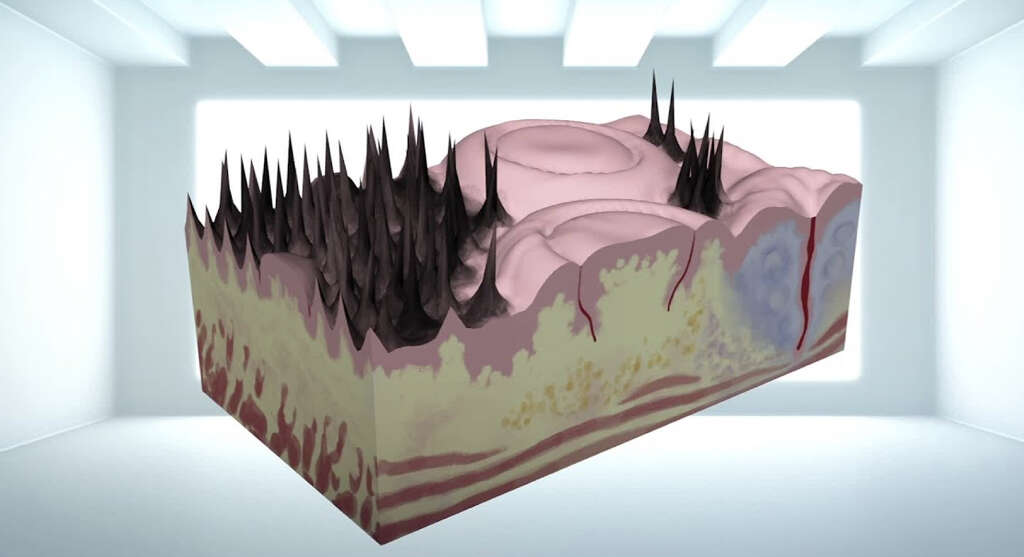
4. Who Is at Risk For this Condition?
Demographically, black hairy tongue is more likely to occur in males as well as those who use drugs intravenously or are positive for HIV. Being outside this demographic does not exclude someone from developing the syndrome. There are a variety of lifestyle choices and situations that make an individual at higher risk.
Some medical situations, such as radiation therapy and certain antibiotics, can lead to the development of black hairy tongue. Lifestyle choices such as using tobacco, frequently staying dehydrated, drinking large amounts of coffee or tea and generally poor oral hygiene also lead to an increased risk.
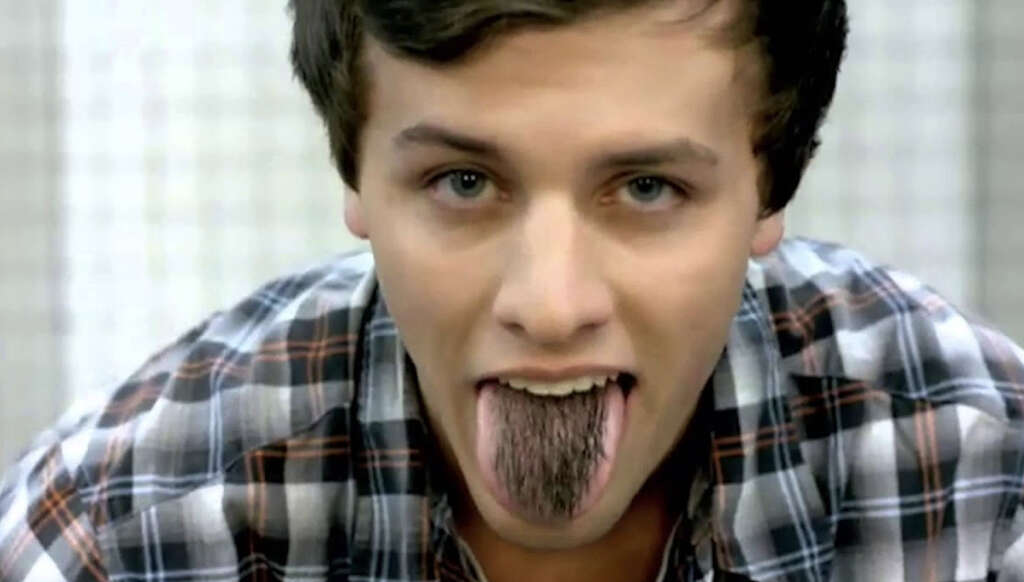
5. When Is a Doctor Visit Necessary?
The appearance of black hairy tongue can be alarming since it has an unusual look. Many individuals seek the care of a doctor because it looks more serious than it is. Although it is relatively identifiable at home, it is still recommended to receive a diagnosis from a physician.
Anyone who is experiencing symptoms of black hairy tongue, such as halitosis, metallic taste or nausea, should make an effort to make lifestyle changes or make an appointment to see a doctor so other possible causes can be ruled out.

6. How Is Black Hairy Tongue Diagnosed?
The primary method of diagnosis is by observing the appearance of the tongue. Since the look of black hairy tongue can be distinctive, it can be easy for a physician to diagnose. Before a diagnosis is made, other conditions may also need to be ruled out. The physician takes note of any medications that could have caused the tongue changes.
The physician makes sure the discoloration is not within the normal color spectrum for a tongue and that the patient hasn’t recently been eating or drinking anything that can cause temporary discoloration. Some infections that are viral or fungal can cause a similar appearance. Some lesions can also be dark and hairy in appearance.

7. What Are the Treatment Options?
Luckily, medical intervention is not usually needed for the treatment of black hairy tongue. The home treatment options involve the removal of practices that could have caused the problem, such as using tobacco or staying dehydrated. An increase in oral hygiene can also speed up the resolution.
Brushing the teeth and tongue regularly can help speed up healing, although the condition usually resolves on its own over time. If the doctor suspects a fungal infection, it could be treated with an antifungal to see if the condition resolves or remains.

8. How Long Does the Condition Usually Last?
Black hairy tongue is a temporary condition that is usually self-resolving. How long the condition lasts varies depending partially on the reason behind the occurrence. Behavior modification techniques can speed up the healing process.
Those who developed the issue after taking antibiotics may see improvement after the course is completed and balance is restored. If oral hygiene is part of the cause, improvements in this area can help reach a resolution more quickly.
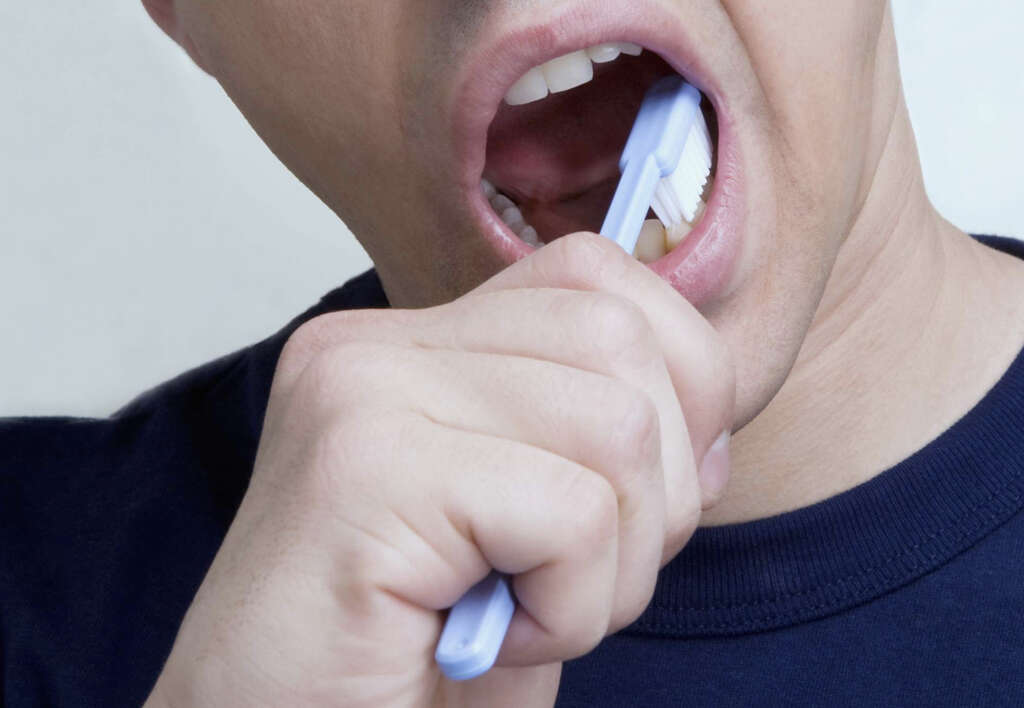
9. Can Black Hairy Tongue Be Prevented?
The cases of black hairy tongue that are caused by medication or by a chronic medical condition may not be able to be prevented, but should still resolve on their own. Since smoking tobacco increases risk, stopping smoking can prevent this syndrome from occurring.
Good oral hygiene is the best preventive tool. Frequent brushing and flossing and the use of a tongue scraper are all effective prevention methods. Some individuals eat a diet of all or mainly soft foods, so adding crunchy or rough foods like fruits and vegetables helps clean the tongue more effectively.
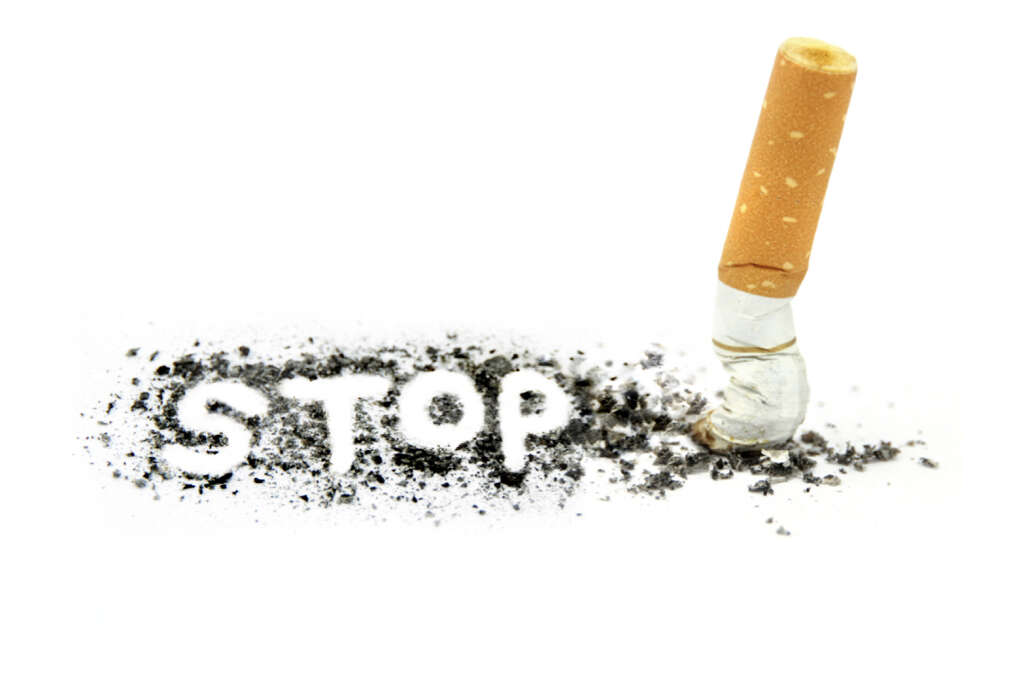
10. Can This Condition Return?
For acute cases of black hairy tongue that are caused by a temporary medication, it may be a one-time occurrence that resolves and never returns unless the medication is taken again. Some individuals need to remain on a medication that causes an imbalance of bacteria or yeast so that the issue could recur multiple times.
If oral hygiene is the culprit and no changes are made, the buildup of bacteria or yeast could return multiple times or develop into a more severe case that needs to be treated by a physician. For most people, the condition is temporary and does not cause any harm.




